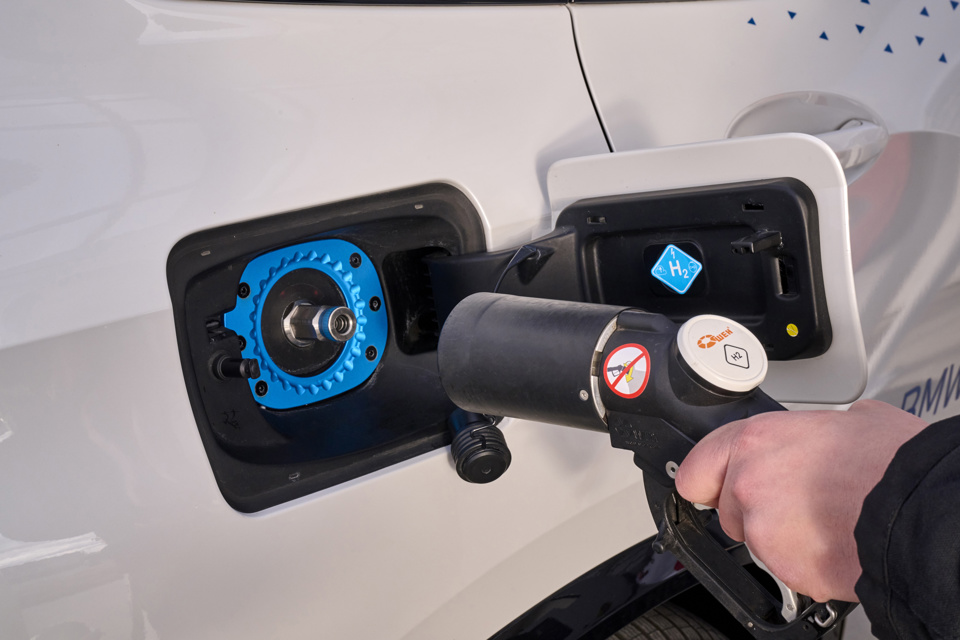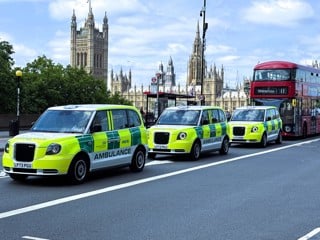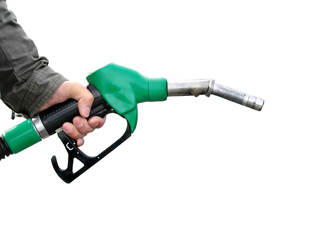One-in-five company car drivers would consider a hydrogen vehicle if the refuelling infrastructure was in place, according to a new survey from Venson Automotive Solutions.
More than third (37%) of drivers said they would consider both hydrogen and electric vehicle (EV) options when choosing their next company car – 30% would only consider electric and 22% would only consider hydrogen.
Comparing these results with a similar survey carried out by Venson in 2021, it shows an increased interest in both hydrogen and electric, as just 11% would have considered hydrogen and 18% electric in 2021.
Asked about other alternative fuels, half (50%) of respondents said they would also consider biodiesel - derived from a range of sources, including waste cooking oil, animal fats and rapeseed oil – if there were options readily available.
Compressed natural gas (37%), compressed air (30%), ethanol (29%), or liquified petroleum gas (23%) would also be considered.
However, it found that almost one in four motorists remain loyal to petrol or diesel vehicles.
“While hydrogen-powered cars, also known as fuel cell electric vehicles (FCEVs), may be relatively rare on UK roads today, they have the potential to grow rapidly in popularity in the next few years, if the refuelling infrastructure can be suitably extended,” said Simon Staton, client management director at Venson Automotive Solutions.
“Interestingly, 62% of respondents believe vehicle manufacturers should be investing the same amount of time and money in bringing hydrogen cars to UK roads, as they are with electric cars.
“Clearly fleet drivers are keen to do their bit to reduce their environmental impact, and hydrogen could be a more convenient refuelling option than electric for many people in future.
“Certainly, fleet managers looking to cut fleet emissions should not exclude hydrogen from their long-term plans in favour of hybrid and electric vehicles readily available today.
“It is early days for hydrogen fleets, but increasing investment in the relevant technology and refuelling networks will increase the appeal of FCEVs.”
In a recent white paper, The Big Hydrogen Question, Venson explored the role hydrogen power will play in transitioning to greener mobility, as well as the current challenges stalling more rapid progress.
Staton concluded: “Hydrogen could be a game-changer in the near future. Although electric is increasingly being adopted across fleets of cars and to some extent vans, electric is not a one-size-fits-all solution. It is certainly not the best option for large vehicles.
“Hydrogen fuel cell technology could be a realistic green alternative for many fleets of HGVs and other large commercial vehicles if the right investment is made in the all-important refuelling infrastructure.”

























Login to comment
Comments
No comments have been made yet.